WhAI (What is AI?)
An Artificial Intelligence (AI) Toolkit for for the GLAAM sector
About WhAI?
GLAAM (gallery, library, arts, archives, and museums) organizations are under tremendous pressure to adopt seemingly innovative “artificial intelligence” tools despite having legitimate concerns about these tools’ social, legal, and environmental impacts. WhAI? will work to develop considerations and wise practices for arts and culture organizations, volunteers, and professionals to help provide a critically reflexive understanding of these emerging tools and can better balance building our sector’s digital capacity through the lens of digital equity.
WhAI? will produce an AI for GLAAM organizations toolkit and will offer a series of digital resources that bring professionals and volunteers together for cross-sector learning.
The BCMA gratefully acknowledges support for these resources from the Canada Council for the Arts,

WhAI? Podcast
What is AI? Join our host, Lorenda Calvert, and members of our sector for this eight-part series discussing AI and its implications for our sector and community.
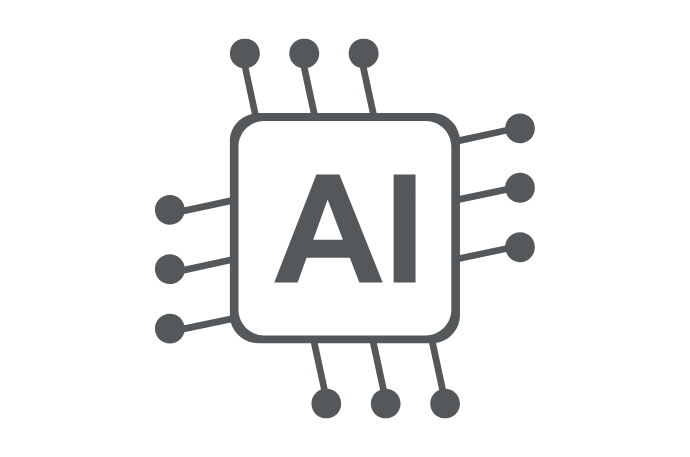
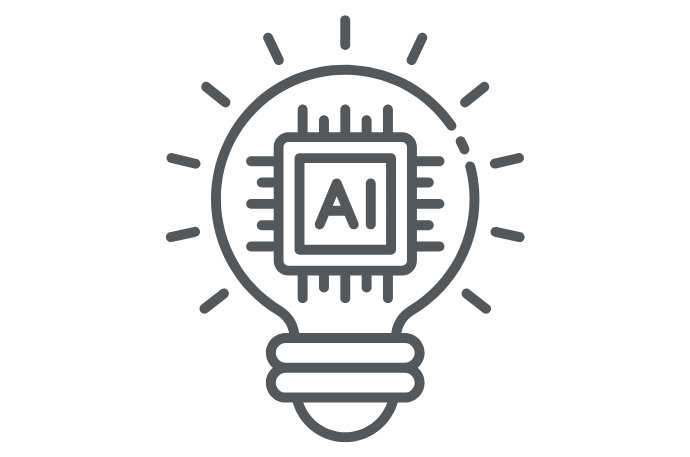
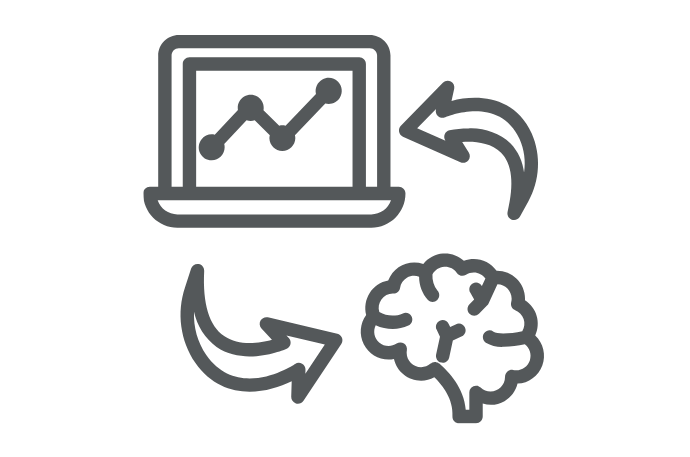
How do you use AI?
In this episode, Lorenda asks: How do you currently use AI? How do the institutes that affect you use AI?

What are you interested in regarding AI?
In this episode, Lorenda asks: What are you interested in learning or knowing more about regarding AI?

What are you concerned about regarding AI?
In this episode, Lorenda asks: What are you concerned about regarding AI?
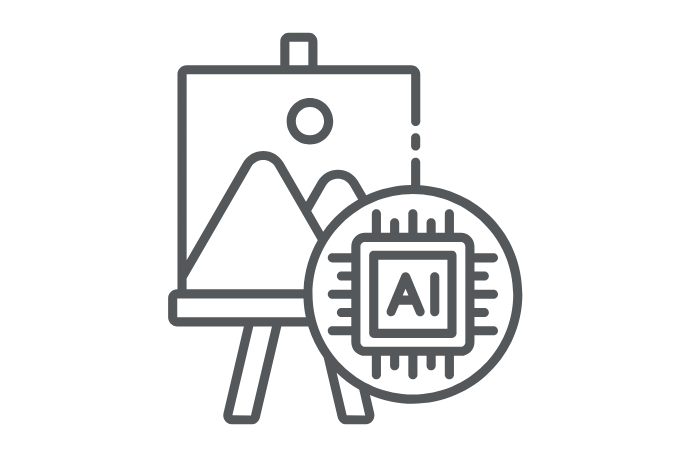
AI from a GLAAM Perspective
In this episode, Lorenda asks: Why are/would we be interested in AI from a GLAM perspective?
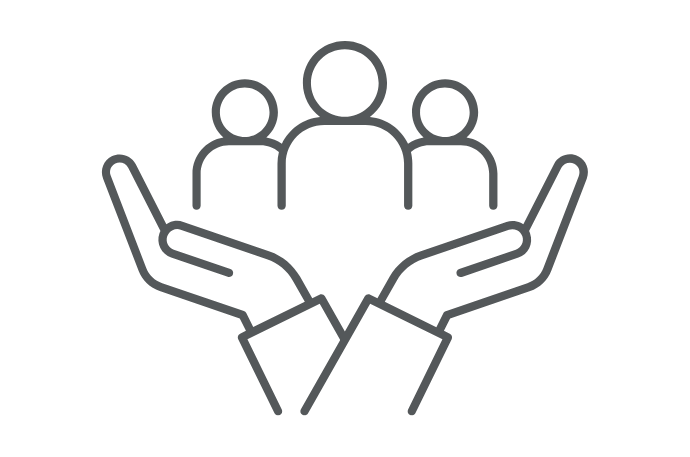
Equity and AI
In this episode, Lorenda asks: Why are/would we be interested in AI from an Indigenous and racialized individual perspective?

The Future and AI
In this episode, Lorenda asks: What does the future of AI look like? What does the future, with or without AI, look like?

Resource Library
Since more than 80% of Canadians view museums as trusted sources of information, it is important that museum professionals and volunteers stay up-to-date with major technological and societal trends. Below you will find a curated list of readings to help you better understand and critically engage with AI and AI-based tools. As with all technologies, we should carefully evaluate a tool’s benefits with its costs and as you’ll see in these readings, the human cost of AI can be extremely high.
Webinar Recordings:
Resisting Artificial Intelligence Through Anti-Fascism and Indigenous Data Sovereignty
In the past year, we have seen a boom in hype around Artificial Intelligence, or AI. With so many billion-dollar companies promising a coming AI revolution that aims to improve our lives, it is difficult to discern hype from harm. In this session Dan Mcquillan, Lecturer in Creative and Social Computing at Goldsmiths, University of London and author of the recent book Resisting AI: An Anti-Fascist Approach to Artificial Intelligence, and Jeff Doctor, the Impact Strategist at Indigenous-owned and operated tech company Animikii, will dig into the hidden social, cultural, human, and environmental harms at the core of artificial intelligence.
Artificial Intelligence (AI) and Museums Webinar
Reading List:
What is AI?
From IBM, What is artificial intelligence (AI), “At its simplest form, artificial intelligence is a field, which combines computer science and robust datasets, to enable problem-solving. It also encompasses sub-fields of machine learning and deep learning, which are frequently mentioned in conjunction with artificial intelligence. These disciplines are comprised of AI algorithms which seek to create expert systems which make predictions or classifications based on input data.”
AI and Colonialism:
The impact of AI is repeating patterns of colonial exploitation. From MIT Technology Review, “European colonialism, they say, was characterized by the violent capture of land, extraction of resources, and exploitation of people—for example, through slavery—for the economic enrichment of the conquering country. While it would diminish the depth of past traumas to say the AI industry is repeating this violence today, it is now using other, more insidious means to enrich the wealthy and powerful at the great expense of the poor.”
From MIT Technology Review on data-labelling: “The insatiable demand has created a need for a broad base of cheap labour to manually tag videos, sort photos, and transcribe audio. The market value of sourcing and coordinating that “ghost work,” as it was memorably dubbed by anthropologist Mary Gray and computational social scientist Siddharth Suri, is projected to reach $13.7 billion by 2030.”
More on data labels
“By mid-2018, an estimated 200,000 Venezuelans had registered for Hive Micro and Spare5, making up 75% of their respective workforces.”
“The windfalls come just often enough to make her average income tenable. But they’re also rare enough to keep her tethered to her computer. If a good task appears, there are only seconds to claim it, and she can’t afford to lose the opportunity. Once, while out on a walk, she missed a task that would have made her $100. Now she restricts her walks to weekends, having learned that clients usually post tasks during their working hours.”
“Annotators in North Africa, where the platform has expanded in the last two years, say the same: Scale has reduced their pay by more than a third in a matter of months and withheld or even taken away earnings, leaving some workers with negative pending payments (in other words, they owe Scale money), according to screenshots provided to MIT Technology Review.”
“After two hours of work, which included completing a tutorial and 20 tasks for a penny each, Andrea Paola Hernández, the Venezuela-based reporter on this article, earned 0.11 US dollars. Park says workers in Venezuela earn an average of a little more than 90 cents an hour.”
Interesting, but more focused broadly on how technology is being used to exploit labour and how workers are pushing back.
“Data sovereignty is thus the latest example of Indigenous resistance—against colonizers, against the nation-state, and now against big tech companies. “The nomenclature might be new, the context might be new, but it builds on a very old history,” Kukutai says.”
In Gentelet's opinion, "it participates in a recolonization because technology is a reflection of society."
Feminist theories have extensively debated consent in sexual and political contexts. But what does it mean to consent when we are talking about our data bodies feeding artificial intelligence (AI) systems? This article builds a feminist and anti-colonial critique about how an individualistic notion of consent is being used to legitimate practices of the so-called emerging Digital Welfare States, focused on digitalisation of anti-poverty programmes. The goal is to expose how the functional role of digital consent has been enabling data extractivist practices for control and exclusion, another manifestation of colonialism embedded in cutting-edge digital technology.
Open AI
In the four short years of its existence, OpenAI has become one of the leading AI research labs in the world. It has made a name for itself producing consistently headline-grabbing research, alongside other AI heavyweights like Alphabet’s DeepMind. It is also a darling in Silicon Valley, counting Elon Musk and legendary investor Sam Altman among its founders.
AI and Museums
What are the ethical implications of AI? What role do museums play in the global conversation about data privacy? How can bias impact AI systems?
Artificial intelligence has been a topic of discussion in museums for some time. At MuseumNext 2018 in London, Sara Boutall of big-data analytics service Dexibit said, “AI has been seeping into our lives, often without us actually realizing, on a daily basis. And we use it to accomplish absolutely fundamental tasks”
The Museums + AI Network was a 12 month action research project funded by the Arts and Humanities Research Council (UK). Our initial research took place between 2019 – 2020, with subsequent dissemination and facilitation in academic and museum contexts.
Presented at ICOM Prague. August 24, 2022.
AI and Artists
Artists are fed up with AI art on the portfolio platform, which is owned by Epic Games, but the company isn't backing down.
Environmental Impact of AI:
As the world fights climate change, will the increasingly widespread use of artificial intelligence (AI) be a help or a hindrance? In a paper published this week in Nature Climate Change, a team of experts in AI, climate change, and public policy present a framework for understanding the complex and multifaceted relationship of AI with greenhouse gas emissions, and suggest ways to better align AI with climate change goals.
The Future of AI:
Artificial intelligence experts foresee another year of breakthroughs. Is the world ready?
With the state of the world under constant flux in 2022, some technology trends were put on hold while others were accelerated. Supply chain challenges, labor shortages and economic uncertainty had companies reevaluating their budgets for new technology...
Text-to-speech model can preserve speaker's emotional tone and acoustic environment.
AI tech makes it trivial to generate harmful fake photos from a few social media pictures.
